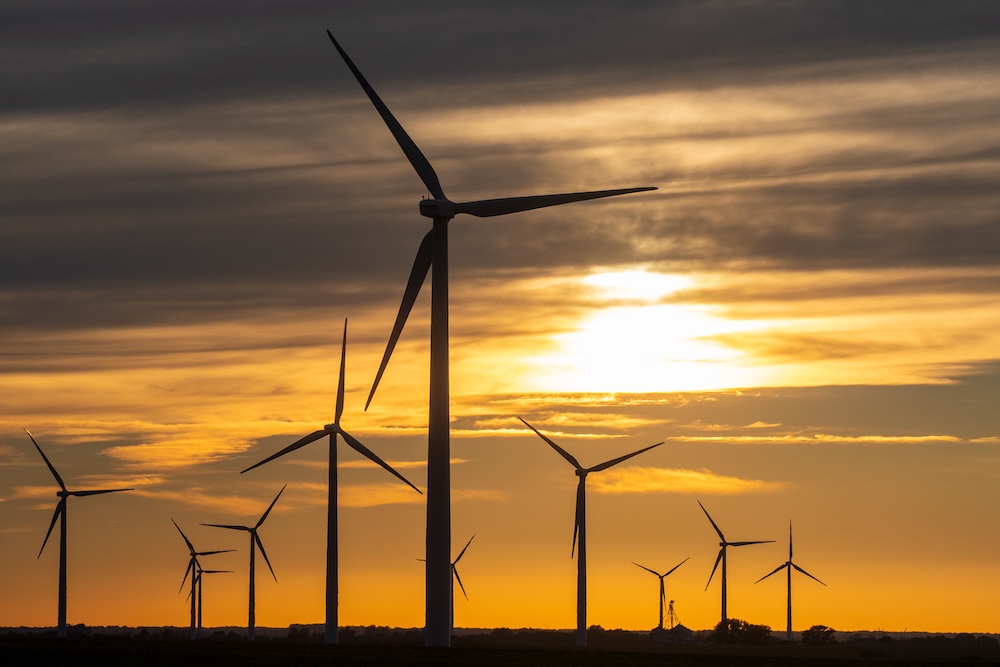
Become a member & keep reading for free, or choose a paid membership.
Access all our content & email newsletter
DTECH Midwest, taking from July 14 to 16, 2025, in Minneapolis, Minnesota, is a forum to address the multifaceted challenges confronting utilities in the Midwest. Our region, renowned for its distinct landscapes, is now grappling with an energy landscape impacted by weather, infrastructure complexities, and the integration of renewable energy sources, allwhile maintaining grid reliability and affordability.
The summit, a specialized iteration of the DTECH transmission and distribution events, promises tailored content incorporating a broad range of topics for the region's energy future. These include advanced distribution operations, advanced metering infrastructure (AMI), artificial intelligence (AI), asset management, communication networks, cybersecurity, grid modernization, interconnection, policy and regulation, reliability, and transportation electrification.
DTECH Midwest will open with a tour of OATI’s Microgrid Technology Center, offering attendees a firsthand look at microgrid solutions combining renewable energy, natural gas, and hybrid energy storage. This experience sets a practical tone for the event, highlighting how microgrids can enhance utility operations and support grid resilience.
A highlight of the summit will be a keynote panel featuring top executives from Consumers Energy, Great River Energy and Midwest Reliability Organization. These leaders will discuss these pressing issues providing a comprehensive overview of the operational landscape for Midwest utilities.
In parallel, an opening keynote from Hani Alarian, Executive Director of Power Systems Technology Operations at California ISO (CAISO), will share the organization’s experience using artificial intelligence to transform grid operations and workflows. According to the event agenda, the talk will explore lessons relevant to utilities aiming to harness AI’s potential in their own systems.
On July 16th, regulatory perspectives will be centre stage with a panel moderated by Grace Relf of the Lawrence Berkeley National Laboratory, featuring chairs from public utility commissions in Minnesota, Michigan, and Illinois. This session is poised to delve into critical regulatory issues shaping grid modernization, decarbonization efforts, affordability, and implementation of evolving state policies, emphasizing the balance between consumer needs and utility mandates.
The event aims to bring forward practical and forward-looking discussions on asset management, communication network modernization, cybersecurity frameworks, and the incorporation of distributed energy resources (DERs). Of particular importance is the focus on interconnection challenges - the process of integrating renewable and distributed resources into the existing grid infrastructure - an area of growing complexity as utilities strive to meet renewable energy targets.
Another pressing concern addressed will be transportation electrification. The rise of electric vehicles introduces new demands on transmission and distribution systems, requiring innovative hardware integration and grid management solutions to accommodate growing loads and promote sustainable energy use.
Underlying these discussions is the broader context of a noteworthy surge in electricity demand across the Midwest, driven significantly by rapid expansion in data centre construction linked to the artificial intelligence boom. This surge is reshaping regional energy consumption patterns and infrastructure needs. Last year, the Midcontinent Independent System Operator (MISO) announced $22 billion in infrastructure investments, while federal and regional grid investment initiatives are working to address the extensive upgrades needed to support this growth safely and efficiently, amid regulatory and permitting hurdles.
DTECH Midwest aims to offer utility operators, regulators, policymakers, and industry experts the opportunity to share insights, forge strategies, and catalyze action. It aims to empower Midwest utilities with the knowledge and tools necessary to navigate the energy transition successfully, balancing decarbonization with the imperative of maintaining reliable, resilient, and affordable power services for their communities.
Trending Stories




